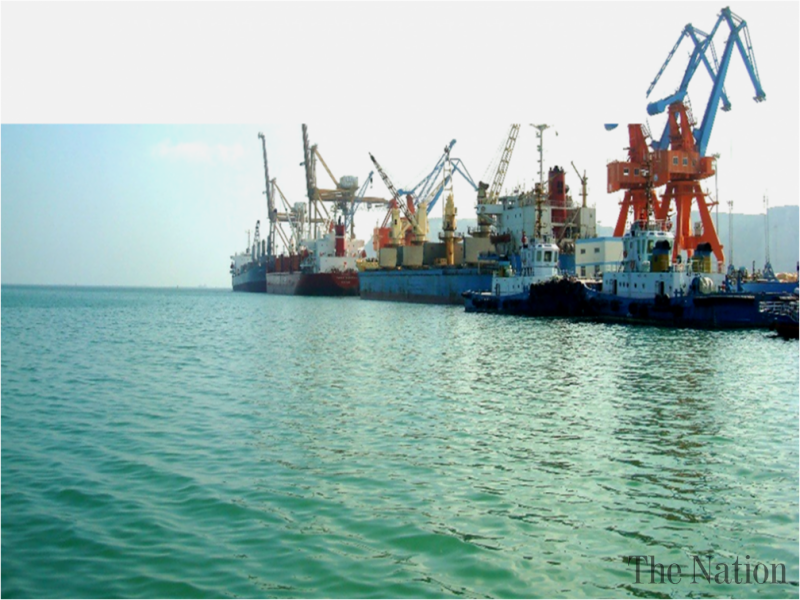Peshawar: The government was urged to discuss every aspect of China-Pakistan Economic Corridor (CPEC) with experts and find solutions to problems that may surface.
The request was made during a conference organised at Shaheed Benazir Bhutto Women University (SBBWU) Peshawar on Thursday. The event was organised by the varsity in collaboration with University of Peshawar’s Area Study Centre.
The conference provided scholars and intellectuals with a platform to discuss their views on the challenges and opportunities of CPEC for Pakistan. It also sought to remove constraints hampering the implementation of the project in the country.
During the session, speakers highlighted the importance of the corridor and its prospects for the country. Speaking on the occasion, economist Dr Qaiser Bengali said CPEC is a “real game-changer” because it has the capacity to change the economic position of the country.
He drew attention to some of the pitfalls of the project.“The government should discuss it with people with relevant expertise and bring maximum benefit to the public,” he said. “While the government is focusing on the financial aspect of the project, it is vital to carry out a feasibility report and environmental impact assessment for CPEC.”
Genesis
He added the mega project was initially introduced in 2005 when a memorandum of understanding (MoU) was signed by former president General (retd) Pervez Musharraf and former president of China Hu Jintao. He explained the original – central route of the corridor – was from Gwadar to Kashgar via Khuzdar, DI Khan and Bannu.
“However, that was changed by the current federal government,” he said. “The new, eastern route was designed from Gwadar through Multan, Faisalabad and Rawalpindi. A third route was also designed from Gwadar to Quetta and Zhob to DI Khan.”
Bengali suggested CPEC should pass through populated areas where most of its advantages can be reaped. He urged environmental assessment be carried out as impact on such routes could be very high.
Professor Dr Sarfaraz Khan, who heads UoP’s Area Study Centre, discussed various aspects of CPEC in the national context. He spoke about the mode of financing CPEC-related projects and shed light on the security, political and economic aspects of the project for the country.
Speakers at the conference also discussed the internal constraints which may impede the smooth implementation of the project. They analysed how CPEC project can be instrumental in bringing peace and stability to various part of Pakistan that have fallen prey to violence and unrest – particularly K-P, Fata and Balochistan.
Courtesy: The Express Tribune

